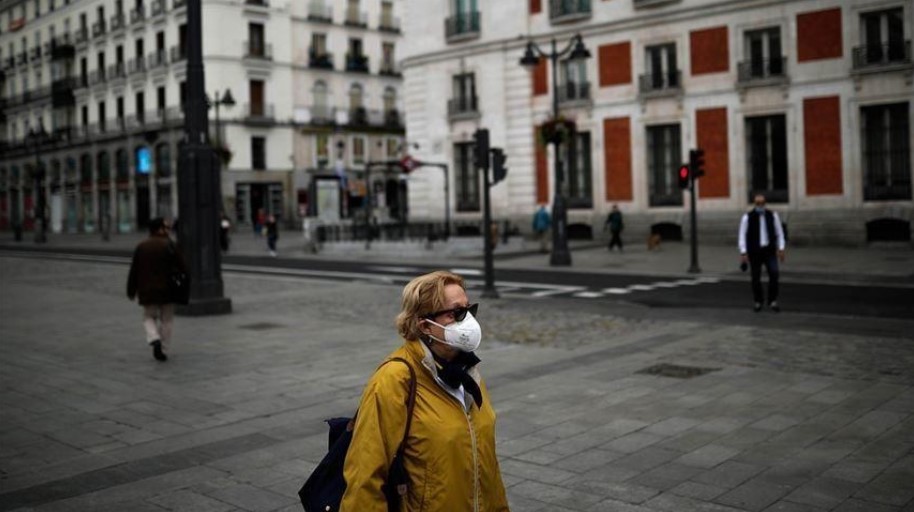The regional government of Madrid announced Wednesday that it was relaxing the coronavirus curfew, despite having one of Spain’s highest infection rates.
Nearly one in every 200 Madrid residents has been infected by the virus during the last two weeks. The only part of Spain with a worse infection rate is the small African outpost of Melilla.
Coronavirus patients are also still occupying 48% of the region’s intensive care units.
Throughout the pandemic, the conservative Madrid government has taken Spain’s most liberal approach to battling the virus.
Since the first wave, the region has avoided closing bars or restaurants, whereas most other regions have shut them down or limited them to outdoor-only. Nightclubs and large concert venues also remain open, although dancing is technically forbidden.
The local infection rate is declining, however, triggering the Madrid government to push back the curfew from 10 p.m. to 11 p.m. and allowing businesses to stay open late.
More than 85,000 of Madrid’s 6.6 million residents have been hospitalized for the virus and 13,408 people have died. In contrast, Catalonia, with 7.5 million people, has seen nearly 38,000 hospitalizations and 10,029 deaths.
Across Spain, the epidemiological situation is improving. On Wednesday, the Health Ministry reported 10,829 new cases and 337 new deaths – each figure down drastically from the previous week.
Meanwhile, the Health Ministry announced that people aged 45 to 55 are next in line to receive the AstraZeneca vaccine after essential workers like teachers, police and emergency workers, unless they have health risks.
In parallel, the RNA vaccines by Pfizer and Moderna will be given out by age groups after the vaccination campaign for nursing homes and frontline health care workers is complete, which is already the case in several parts of Spain.
First, vaccines will be given to those older than 80, next to ones in their 70s, then 60s and then to people younger than 60 with serious health conditions.
Spain has administered 2.7 million vaccines, with 1.1 million people having received both doses.
More than 2.3% of the population has received the full dose, compared to 0.8% in the UK, where officials are opting to give more people single doses.
